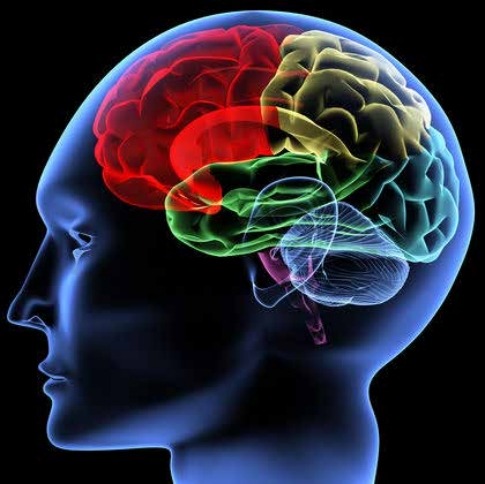
The human nervous system is arguably one of the most complex systems in nature. It is responsible for coordinating thousands of processes, from muscle contraction to crying. The center of the nervous system is the brain, which contains over 100 billion specialized cell called neurons. The nervous system also contains very important chemical messengers called neurotransmitters. The brain uses neurotransmitters to tell your heart to beat, your lungs to breathe, and your stomach to digest. Neurotransmitters are also necessary for thought processes, emotions, and other essential body functions including sleep, energy, and fear.
Clearly, a system with this much responsibility needs to function properly in order for a person to remain healthy. Unfortunately, the nervous system can be easily disrupted through a number of factors: stress, poor diet, toxic chemicals, infections, and genetics. These factors can cause the levels of neurotransmitters to become either too high or too low. Imbalanced neurotransmitter levels can lead to: feelings of sadness, feelings of anxiousness, disrupted sleep, fatigue, behavioral problems, foggy thinking, and headaches.
The good news is that neurotransmitter levels can be measured, and, with the help of your doctor, options for improving nervous system function can be discussed.
Neurotransmitters are divided into two basic categories:
– Excitatory neurotransmitters stimulate the brain and body.
– Inhibitory neurotransmitters calm the brain and body.
Just as levels of individual neurotransmitters are important in maintaining optimum health, so is the proper balance between your excitatory and inhibitory systems. On our services pages we will discuss neurotransmitters and their relationship to fatigue, depression, anxiety, insomnia, and weight loss.


